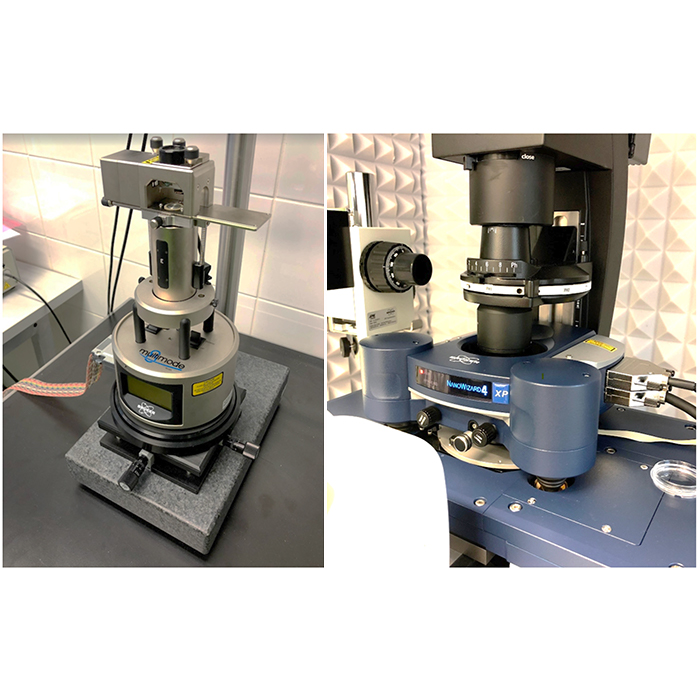22-Dec-2021
As an Instruct-ERIC Centre, Czech Republic offers a wide range of advanced structural biology services to users throughout Europe, from CEITEC (Brno) and BIOCEV (Prague). These facilities also form the Czech Infrastructure for Integrative Structural Biology (CIISB).
In July 2021, CIISB received results of the consensus report of the international assessment committee. CIISB performance was evaluated using 13 evaluation and monitoring criteria with the overall grade 5 – excellent. This interim evaluation of current state of implementation and performance of the large research infrastructures on the Roadmap of the Czech Republic was organised by Ministry of Education, Sports, and Youth. The results will provide the expert basis to adopt informed evidence-based political decision by Government of the Czech Republic on the public funding of large research infrastructures during the forthcoming multiannual financial framework 2023–2029.
The services provided by both facilities include CryoEM, Bio-SAXS, Mass Spectrometry and much more - discover the full range of technologies available in Czech Republic here. Throughout 2021, Instruct Centres have upgraded and enhanced their structural biology offering, and Czech facilities are no different. Take a look at the new additions to the BIOCEV and CEITEC portfolios below.
New Crystallisation Hotel RI182 at BIOCEV
The new crystallisation hotel RI182 from Formulatrix, which has been recently installed in the CMS cold-room, was successfully tested and is now ready for all users of the BIOCEV crystallisation facility. The hotel can store crystallisation plates at 10 °C (SBS format, or Lipidic Cubic Phase) and image them according to the pre-set time schedule in visible light, polarised light, and UV light. All the images obtained can be viewed, analysed, and evaluated using the Rock Maker software. The evaluation automatically includes the Marco algorithm (Machine Recognition of Crystallisation Outcomes), and all the functionalities of the Rock Maker are also available online via the RockMakerWeb. The fully automated imaging for low temperature experiments is an important improvement of screening equipment of the crystallisation facility.
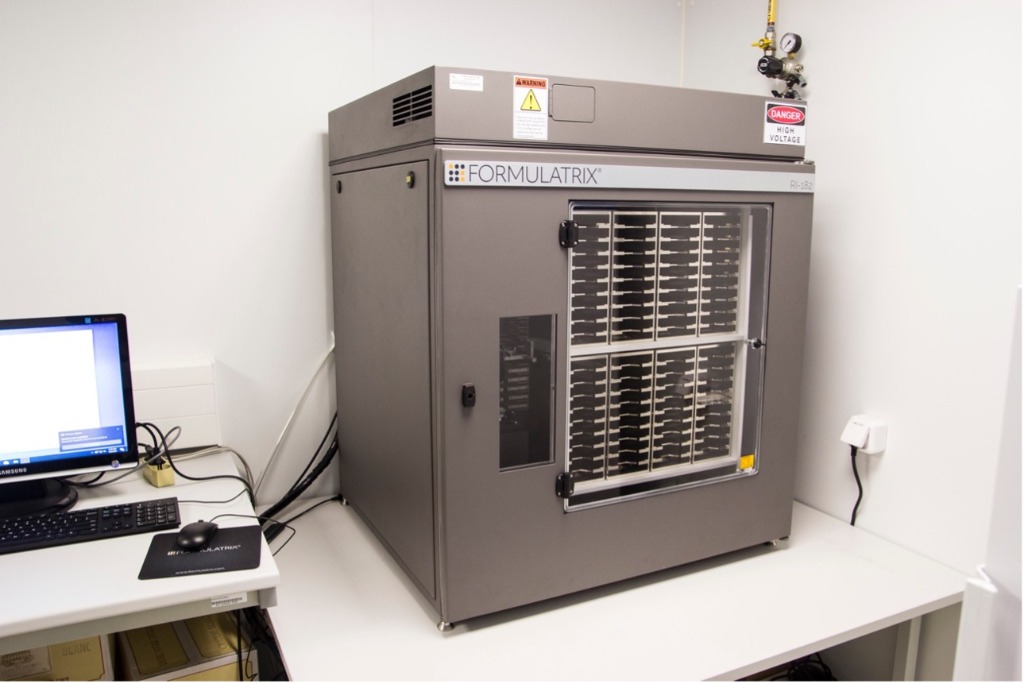
New SEC-SAXS access at BIOCEV
BIOCEV is also is now offering SEC-SAXS experiments at in-house instrument. The method enables measurement of samples with tricky behaviour soon after separation. The results can be easily complemented by sample characterisation using other available biophysical techniques.
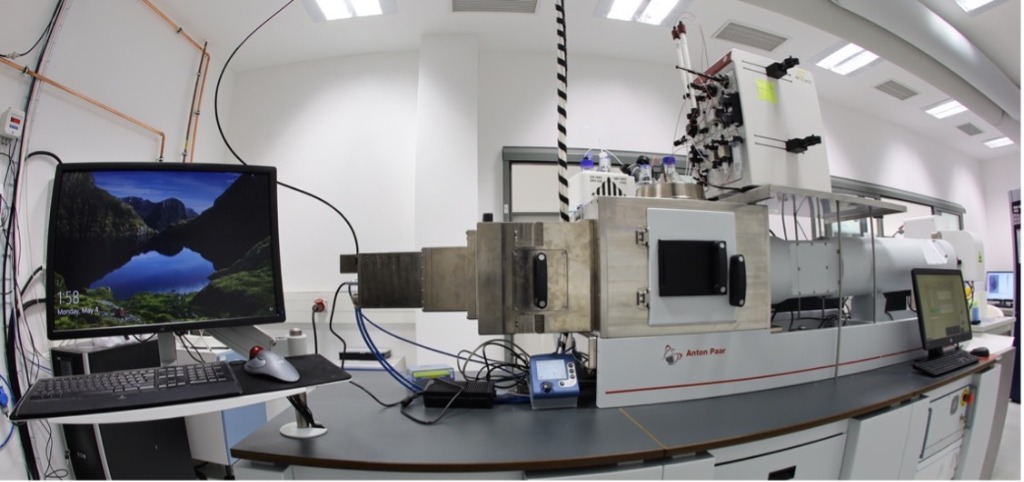
Widefield cryo-light microscope for correlative light and electron microscopy imaging at CEITEC
A fluorescence light microscope for imaging of fluorescently labeled samples at cryo-conditions has been installed at Cryo-electron microscopy core facility CEITEC MU (CEMCOF). The purchase of the instrument is a part of the facility upgrade and further development financed by UP CIISB project. The setup is composed of a Leica DM6 FS microscope equipped with the cryo-stage and dedicated 50x cryo-objective with NA of 0.9. The system is further equipped with THUNDER technology for real-time deconvolution of the data during acquisition. The microscope will become an indispensable part of the correlative light and electron microscopy imaging (CLEM) of biological specimens at the near-native conditions. Following the proof-of-concept studies, the cryo-CLEM workflow comprising sample vitrification (plunge freezing of high-pressure freezing), cryo-FIB lamella preparation, cryo-fluorescence microscopy, cryo-electron tomography will be included among the services provided at CEMCOF.
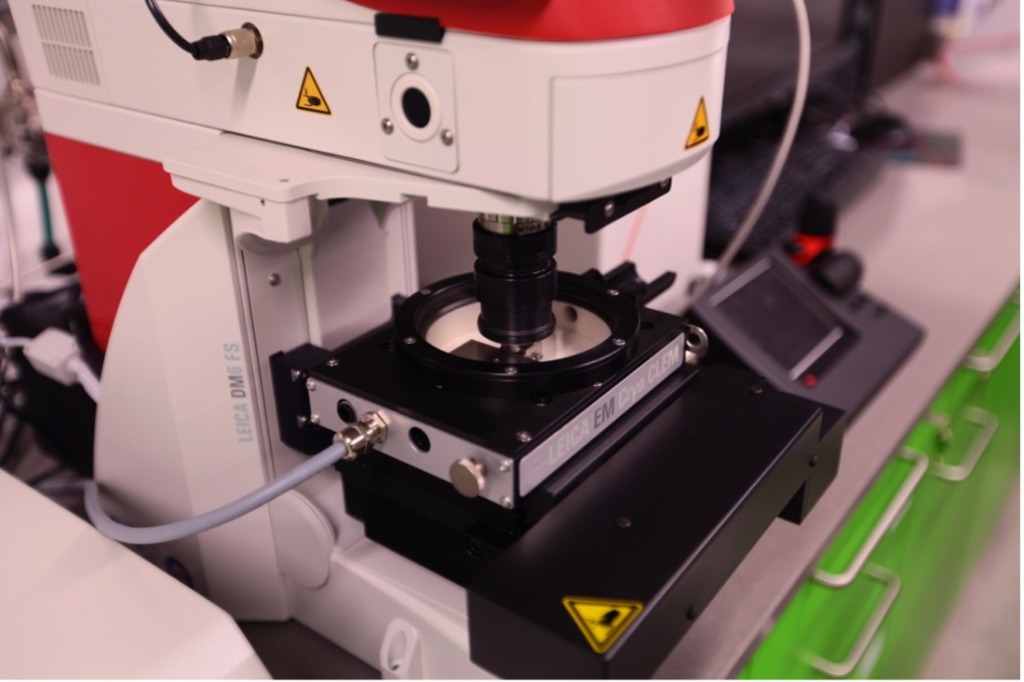
New equipment in CF Nanobio at CEITEC
With funding provided by the CIISB project, the NanoBio Core Facility has been equipped with new instruments that will help scientists from different disciplines to tackle their projects. The laboratory's flagship is the large AFM microscope JPK NanoWizard 4XP installed on a Leica DMi8 optical microscope with a fluorescence module. Both microscopes can operate simultaneously in the so-called direct overlay mode, this combining AFM and optical microscopy abilities. Moreover, the new AFM microscope offers an extended operation range, compared to the previous model (NW 3) operated in the laboratory from 2014. The maximal range of operation is now extended to the 200x200x200 µm by hybrid stage, an essential factor for working with rugged samples such as bone sections or plant samples. The NanoWizard 4XP AFM microscope is not only an imaging tool, however, helps to map elastic properties of various samples with nanometer resolution. One of the main advantages is the ability to work in semi-physiological conditions.
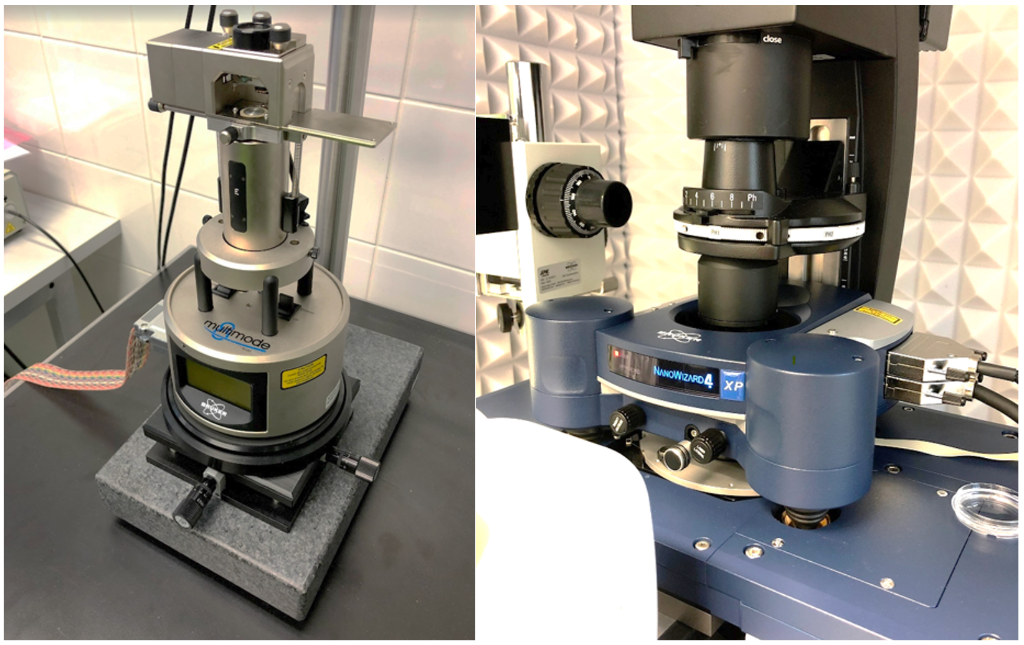
For more information on all Czech Republic services, facility information or contacts, and to apply for access, visit the Centre page.
